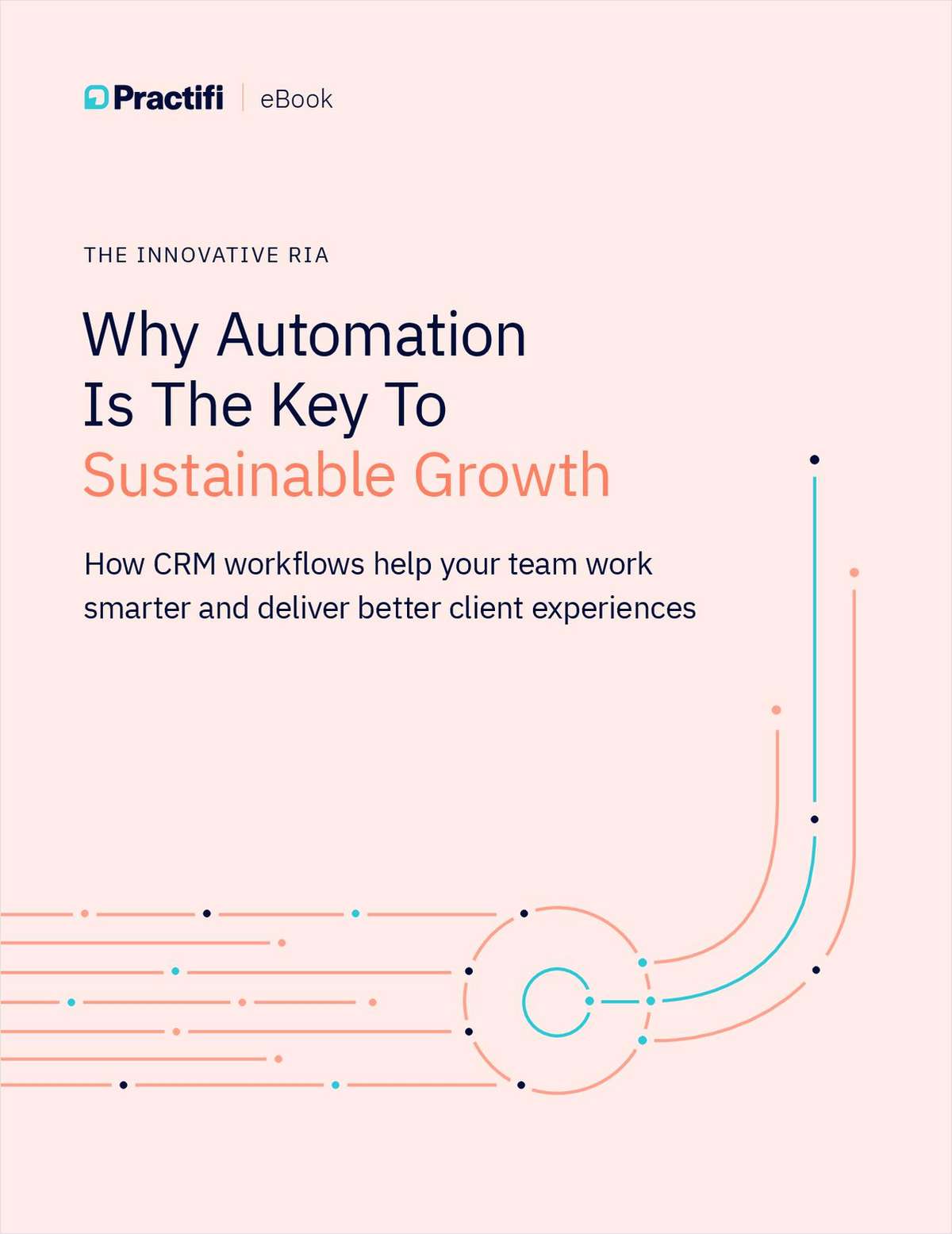
Republicans are preparing to have majorities in both the House and Senate on Jan. 3.
President-elect Donald Trump is preparing to return to the White House on Jan. 20.
Elon Musk, the CEO of SpaceX and Tesla, could have a role as the co-leader of a new Department of Government Efficiency.
Meanwhile, clients need to know what will happen to the estate tax provisions and other time-limited tax provisions in the 2017 tax overhaul, as well as to the rest of the Internal Revenue Code. Will deficit cutters in Congress find a way to tax clients' life insurance?
Kevin Ghassomian, a partner at Venable, is responsible for helping business owners, corporate executives and high-net-worth individuals and their families answer those questions well enough to sleep at night.
He advises clients on issues such as tax compliance, asset protection, business succession and philanthropy, in the United States and globally. Ghassomian also advises individual and corporate fiduciaries on the administration of trusts and estates.
He answered questions from ThinkAdvisor about the coming year via email. His answers have been edited.
THINKADVISOR: How does what you see now compare with what you were expecting in October?
KEVIN GHASSOMIAN: Before the election, few political commentators on either side of the aisle predicted a Trump sweep of the tossup states and the ensuing "Red Wave" in both houses of Congress.
Even though it's now more likely that the tax provisions under the Tax Cuts and Jobs Act of 2017 will be extended, it's certainly not guaranteed, and it may be late in 2025 or even early 2026, before we know for sure.
On the estate tax front, Trump also suggested that he would support making the estate tax changes under the [legislation] permanent, which would effectively end the gifting frenzy in the lead-up to a future legislative sunset.
Regardless, until Congress acts, effective as of midnight on Dec. 31, 2025, the federal estate and gift tax exemption amount will decrease from approximately $14 million per taxpayer (or $28 million per married couple) to approximately $7 million per taxpayer (or $14 million per married couple).



